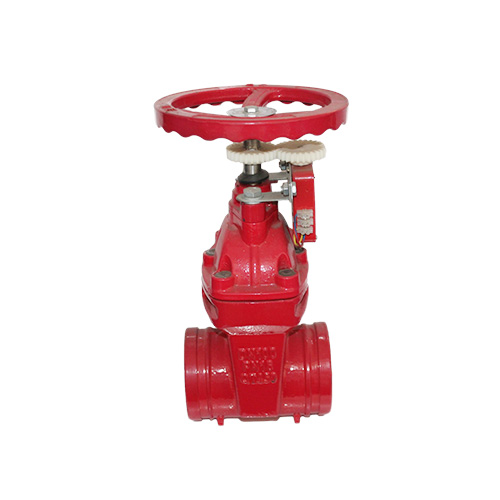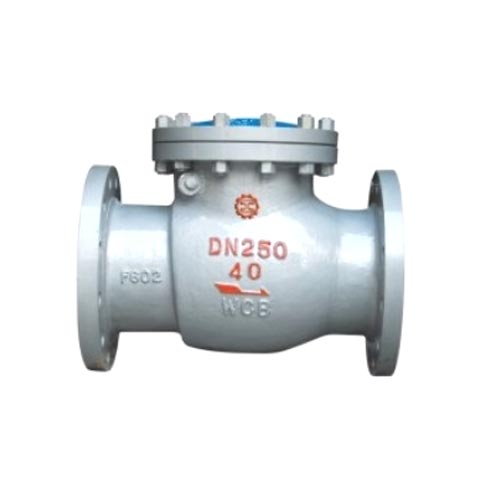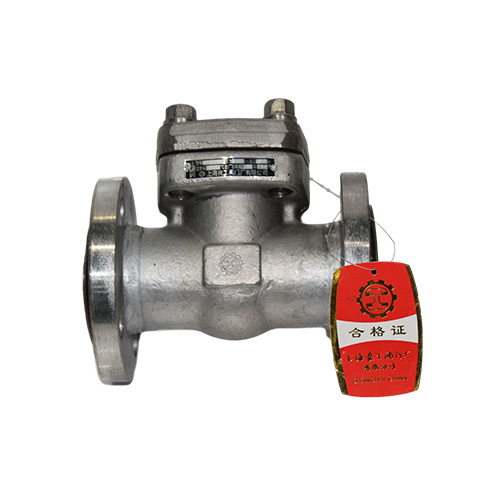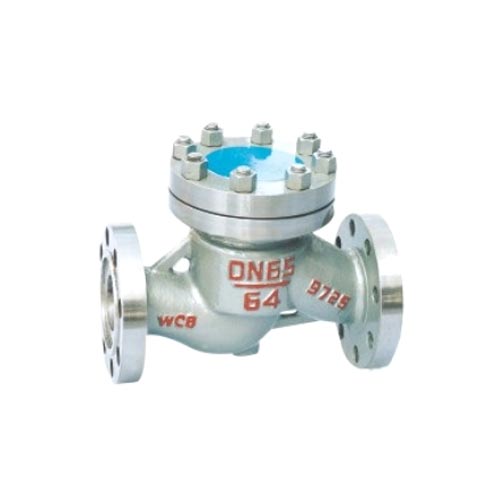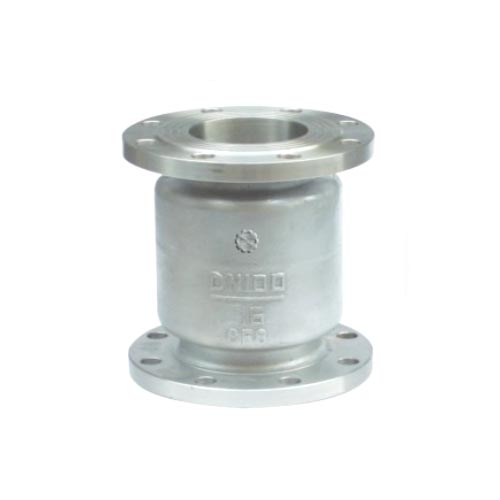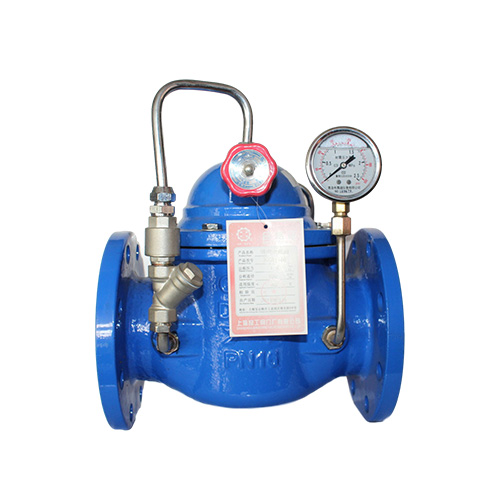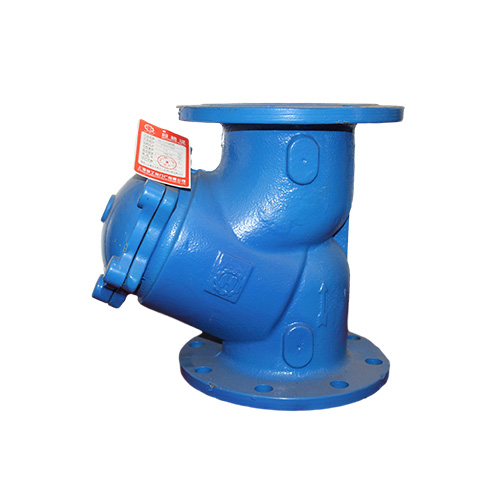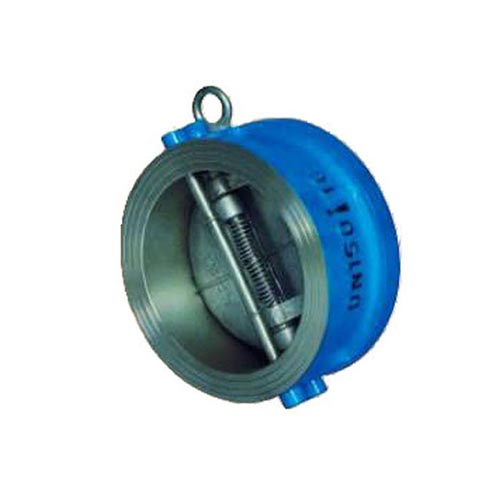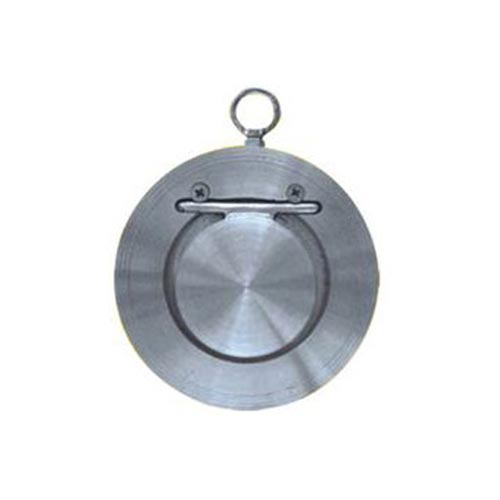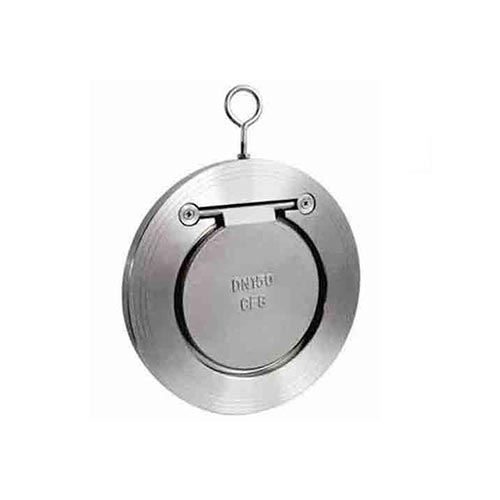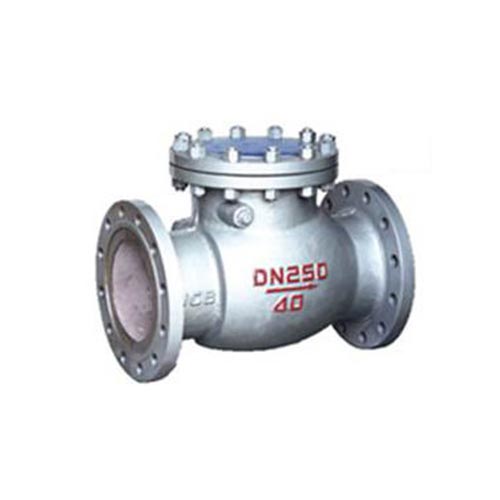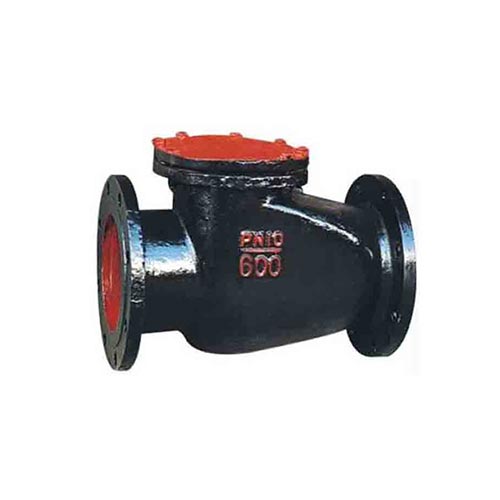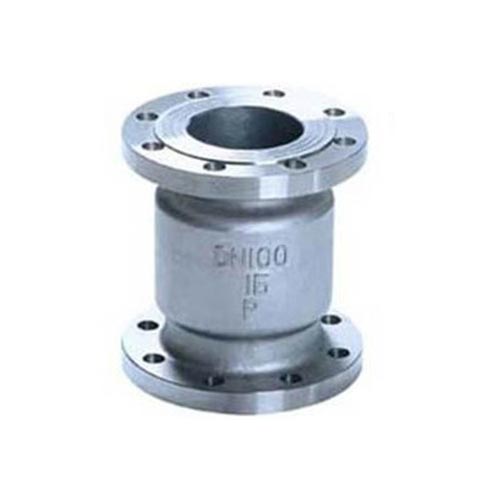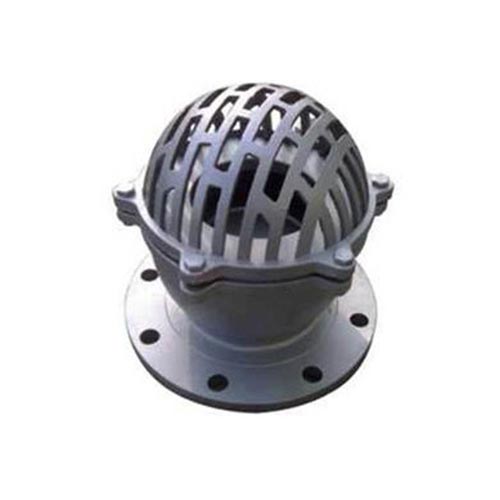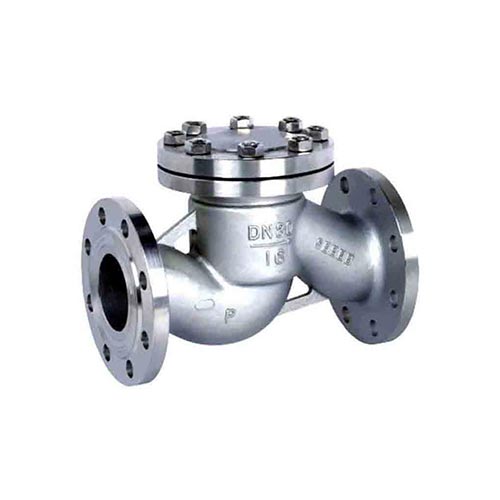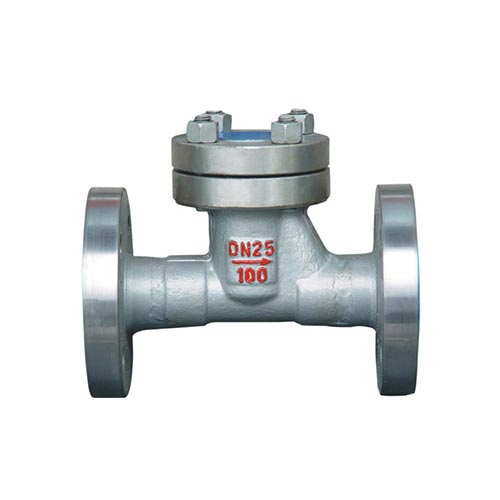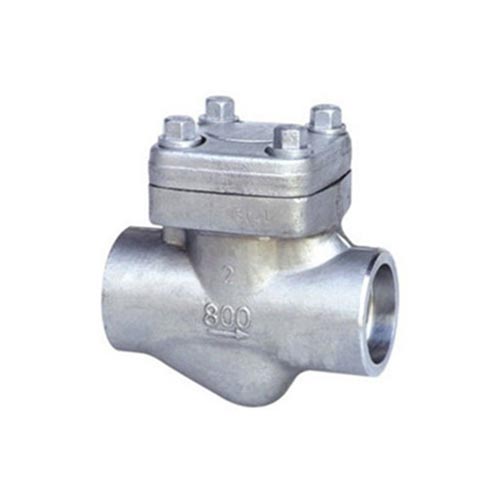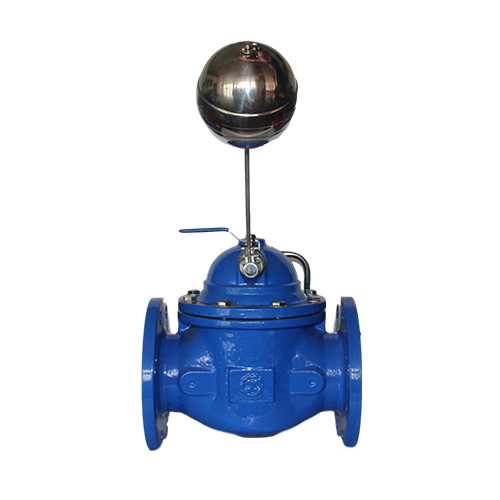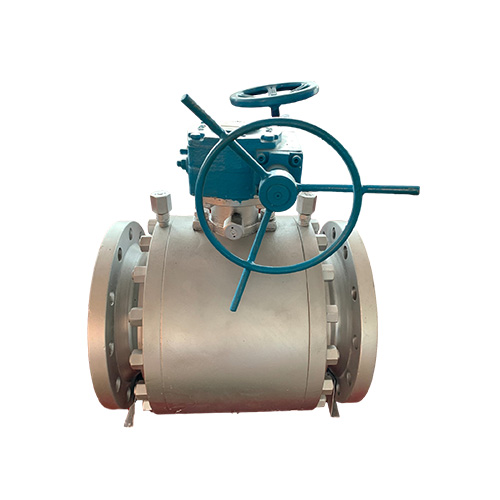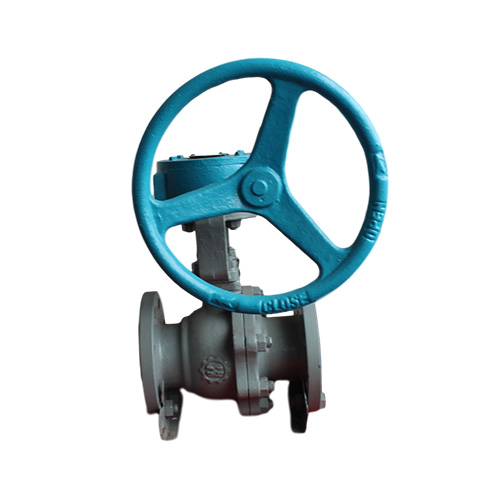在实际的生产运用中,电磁阀所面对的介质种类是多种多样的,即使是同一种介质,在压力、温度和浓度不同的情况下,材料的腐蚀速度也有差异。例如,铝在浓度80%以上的浓硝酸中腐蚀性很强,但是在中、低浓度的硝酸中腐蚀并不严重。而碳钢在浓度为50%的硫酸中腐蚀更为严重,当浓度达到90%以上时,腐蚀却急剧下降。所以,在购买电磁阀产品时,可以具体分析介质的种类,以及不同浓度介质对材料的腐蚀程度,也可直接向厂家进行咨询。
In practical production applications, electromagnetic valves face a variety of media types, and even for the same medium, the corrosion rate of materials varies under different pressures, temperatures, and concentrations. For example, aluminum is highly corrosive in concentrated nitric acid with a concentration of over 80%, but corrosion is not severe in medium to low concentrations of nitric acid. Carbon steel, on the other hand, exhibits the most severe corrosion in sulfuric acid at a concentration of 50%. However, when the concentration reaches over 90%, the corrosion sharply decreases. Therefore, when purchasing solenoid valve products, specific analysis of the type of medium and the degree of corrosion of materials by different concentrations of medium can be conducted, and the manufacturer can also be consulted directly.
挑选耐腐蚀电磁阀
Selecting corrosion-resistant solenoid valves
耐腐蚀电磁阀是专门针对具有腐蚀性介质所提供的方案,很多耐腐蚀电磁阀采用非金属材料作为电磁阀内腔与介质的接触面。像天然橡胶、聚四氯乙烯等材料,不仅具备良好的耐腐蚀特性,只要项目环境的压力、温度符合材料的特性,还起到了节约贵金属的作用。
Corrosion resistant solenoid valves are solutions specifically designed for corrosive media. Many corrosion resistant solenoid valves use non-metallic materials as the contact surface between the solenoid valve cavity and the media. Materials such as natural rubber and polytetrachloroethylene not only have good corrosion resistance characteristics, but also play a role in saving precious metals as long as the pressure and temperature of the project environment meet the characteristics of the materials.

电磁阀表面处理电磁阀表面处理可以分为热喷涂和喷刷涂料。热喷涂是为设备表面添加防护层的一种一种技术之一。热喷涂是利用高能源密度热源,如气体燃烧火焰、电弧、等离子弧、电热、气体爆炸等,将金属或非金属材料加热熔融后,以雾化的形式喷射到经预处理的基本表面,形成喷涂层。热喷涂能提高电磁阀表面的耐腐蚀、耐磨损、耐高温等特性,延长产品使用寿命。
Surface treatment of solenoid valve The surface treatment of solenoid valve can be divided into Thermal spraying and spraying paint. Thermal spraying is one of the technologies for adding protective layer to equipment surface. Thermal spraying is to use high energy density heat sources, such as gas combustion flame, arc, plasma arc, electric heating, gas explosion, etc., to heat and melt metal or non-metallic materials, spray them to the pretreated basic surface in the form of atomization, and form a spraying layer. Thermal spraying can improve the corrosion resistance, wear resistance, high temperature resistance and other characteristics of the solenoid valve surface, and extend the service life of the product.
喷刷涂料则是一种较为普遍的方法,涂料属于非金属材料,涂在金属表面或内腔,可以有效隔绝介质和大气,达到防腐目的。控制腐蚀环境控制腐蚀环境主要是针对电磁阀所在的工作环境而言,例如可以有效控制环境中的灰尘、水蒸气、烟雾和有毒气体等,保持环境的干净和干燥。
Spraying paint is a common method, which belongs to non-metallic materials. When applied to metal surfaces or cavities, it can effectively isolate the medium and atmosphere, achieving anti-corrosion purposes. Controlling the corrosive environment is mainly aimed at the working environment where the solenoid valve is located, such as effectively controlling dust, water vapor, smoke, and toxic gases in the environment, and maintaining a clean and dry environment.
 企业公告:
企业公告:




